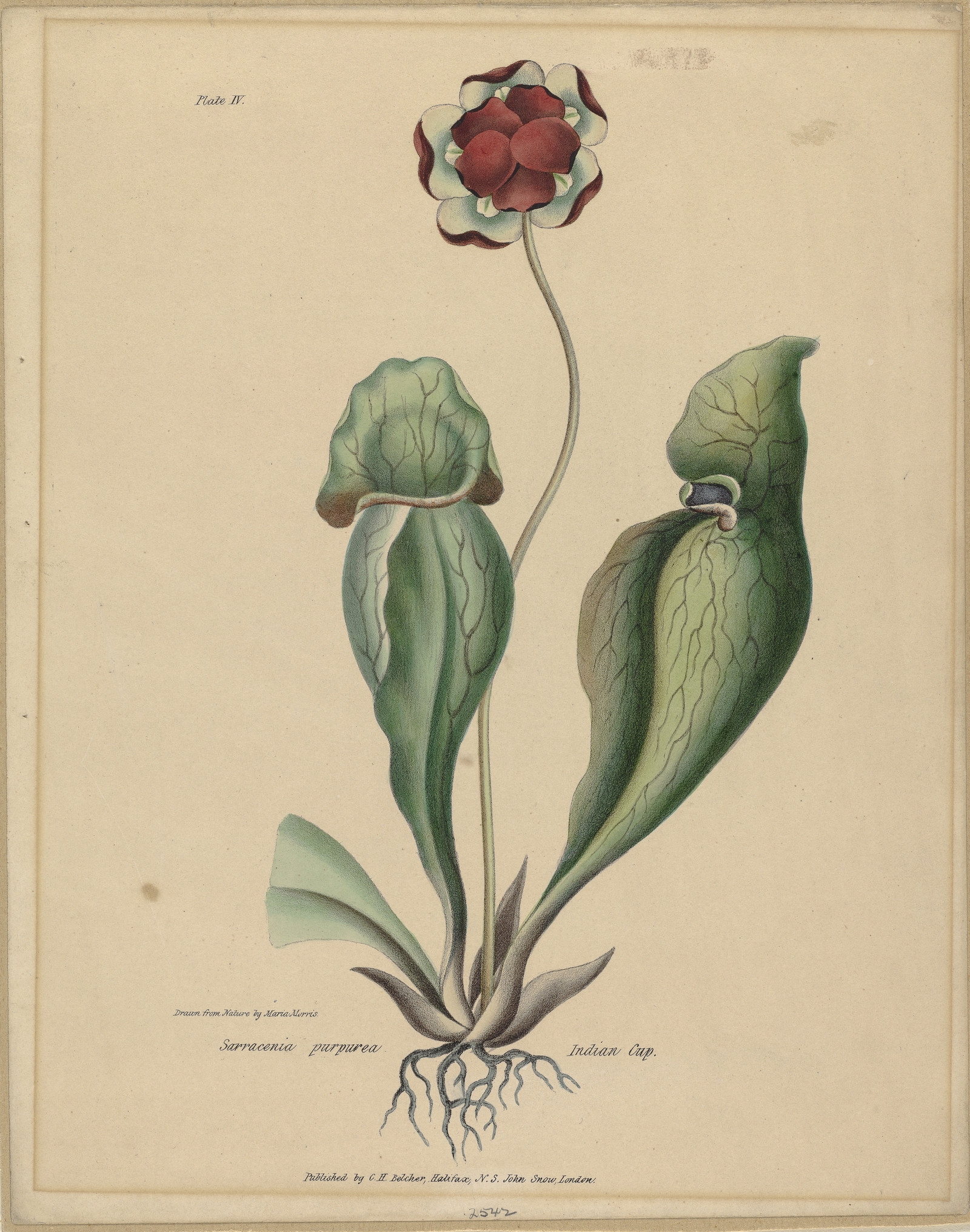Intellect, Psychology and the Experience of Personhood Under Colonialism
Abstract
Psychology has been a divisive area of scientific inquiry since its beginning as it often models theories of superiority of mind and intelligence. Disrespect for the psychology and invalidation of the creative mind and intellect of Black people has been a driving factor of oppression and white supremacy. Europeans negated the humanity of Black people by attempting to prove cognitive differences and lack of intellectual abilities which resulted in the justification of slavery. The relevance of psychology and understanding the mind is highly relevant when examining effects of colonialism and oppression on people cross-culturally. Fredrick Douglass, in his 1854 speech “The Claims of the Negro Ethnologically Considered” provides insight into the reasons and methods Europeans and North Americans have used to discount Black intellect and justify slavery. He counters these claims by reconnecting the Black body to the Black mind. Lewis Gordon and Peter Adamson in the podcast “Lewis Gordon on Frantz Fanon” describe how Frantz Fanon furthers Douglass’s work by critically examining the psychological experience of oppressed people under colonialism. Together the two thinkers affirm the importance of intellectual freedom, respect of cognition, and recognition of the dynamic mind. They show how the field of psychology can be used for and against colonialism.
Downloads
Published
How to Cite
Issue
Section
License
Copyright (c) 2025 Rosie Pryce-Digby

This work is licensed under a Creative Commons Attribution-NonCommercial 4.0 International License.
Works in Anti-Colonial Science: A course Journal are governed by the Creative Commons Attribution-NonCommercial 4.0 International(CC BY-NC 4.0) license. Copyrights are held by the authors.
You are free to:
- Share — copy and redistribute the material in any medium or format
- Adapt — remix, transform, and build upon the material


